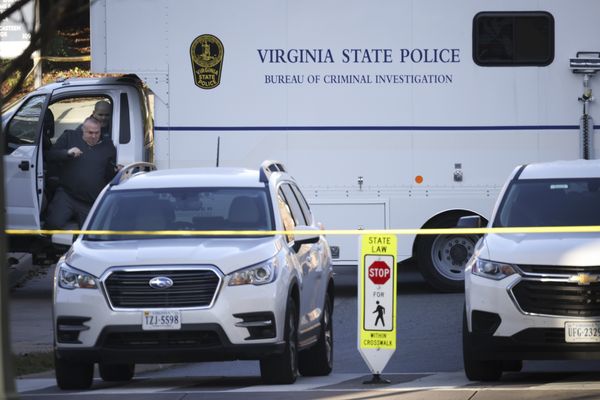
The International Court of Justice, the United Nations' top court, has issued a ruling demanding that Israel immediately cease its military offensive in Rafah. The court cited the dire humanitarian situation in Rafah, describing it as disastrous and likely to worsen further. The decision comes amidst mounting international pressure on Israel to end its occupation.
Israel initiated a limited ground offensive in Rafah on May 7, leading to the displacement of approximately 800,000 Palestinians out of the one million who were seeking shelter in the area. The conflict has resulted in a significant loss of life, with Gaza's health ministry reporting over 35,000 casualties.
While Palestinians in Gaza have welcomed the court's order, calling for an end to the war and the atrocities being committed, Israeli officials have dismissed allegations of genocide. Prime Minister Benjamin Netanyahu, following the ICJ ruling, reiterated Israel's stance that its military operations are targeted at Hamas and not aimed at the destruction of the Palestinian people.
Despite international condemnation and calls for a ceasefire, Israel appears determined to continue its military actions in Gaza. However, there is a growing belief within the international community that sustained pressure, potentially through sanctions, could eventually compel Israel to halt its operations.
As the situation unfolds, the world watches closely to see how Israel will respond to the court's order and the broader international calls for peace in the region.







